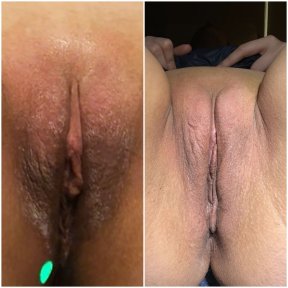Assoc. Prof. Dr. Esra Özbaşlı brings 22 years of specialized genital aesthetics experience with 900+ laser treatments performed. The clinic uses Fotona TimeWalker PRO laser technology for precise skin rejuvenation. Premium Laser Vulvar Whitening may cost around €800 per session, typically covering the procedure, local anesthesia, and post-care instructions. As a board-certified genital aesthetics specialist, Dr. Özbaşlı trained in da Vinci robotic surgery since 2013. The A-class hospital offers personalized treatment plans with 4-6 recommended sessions.


